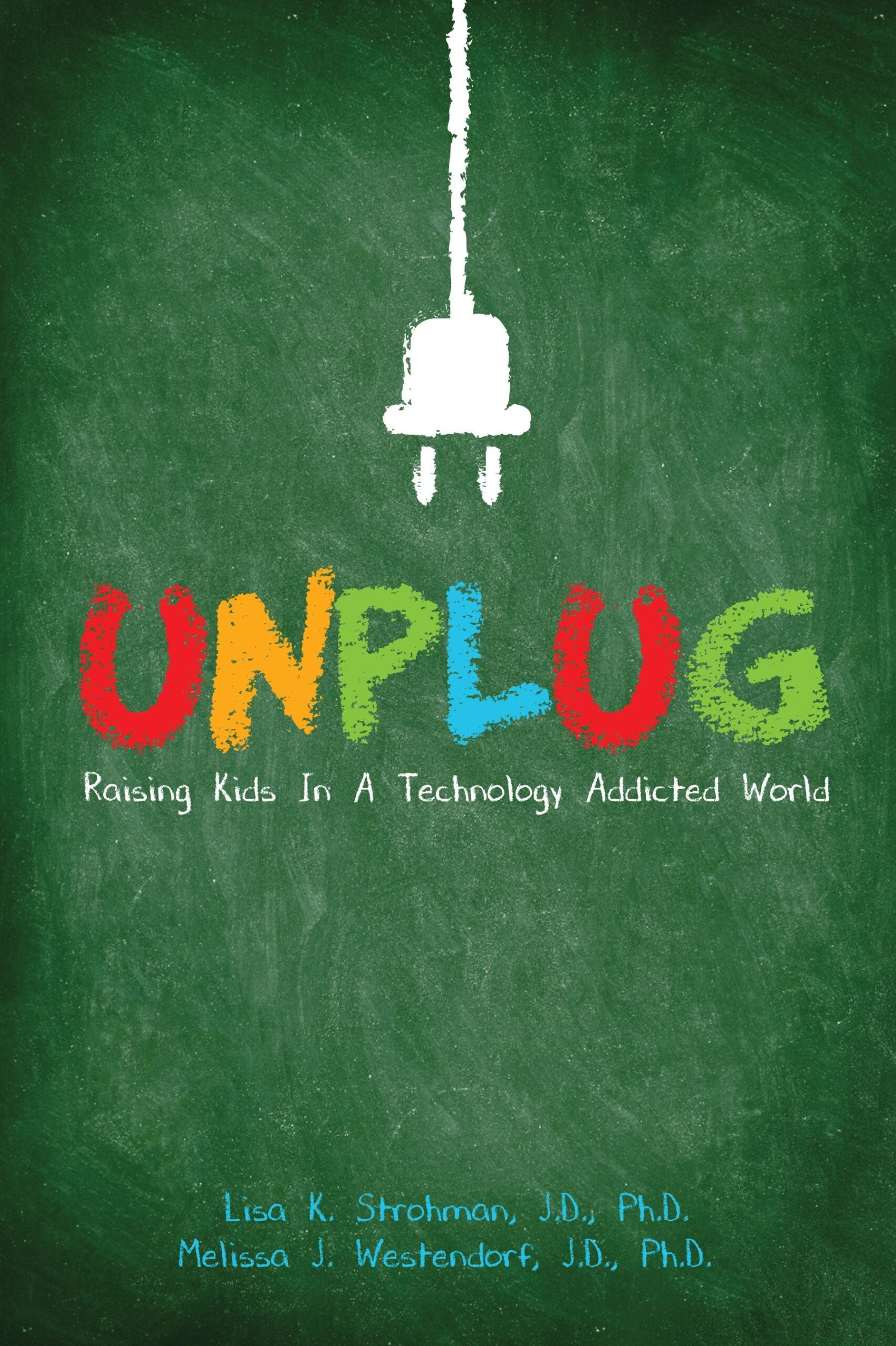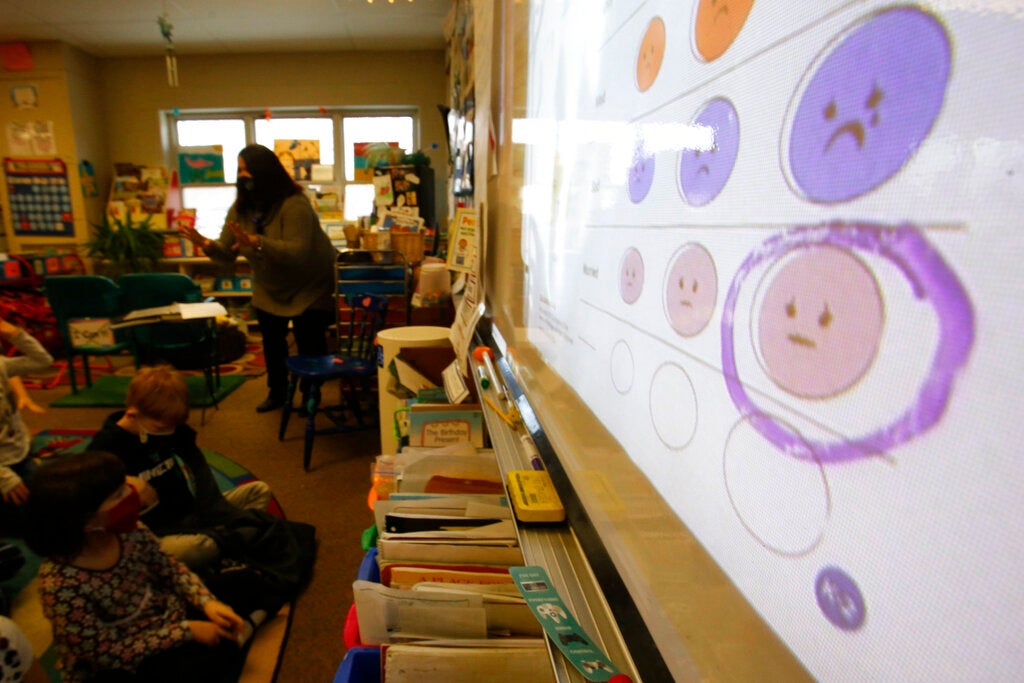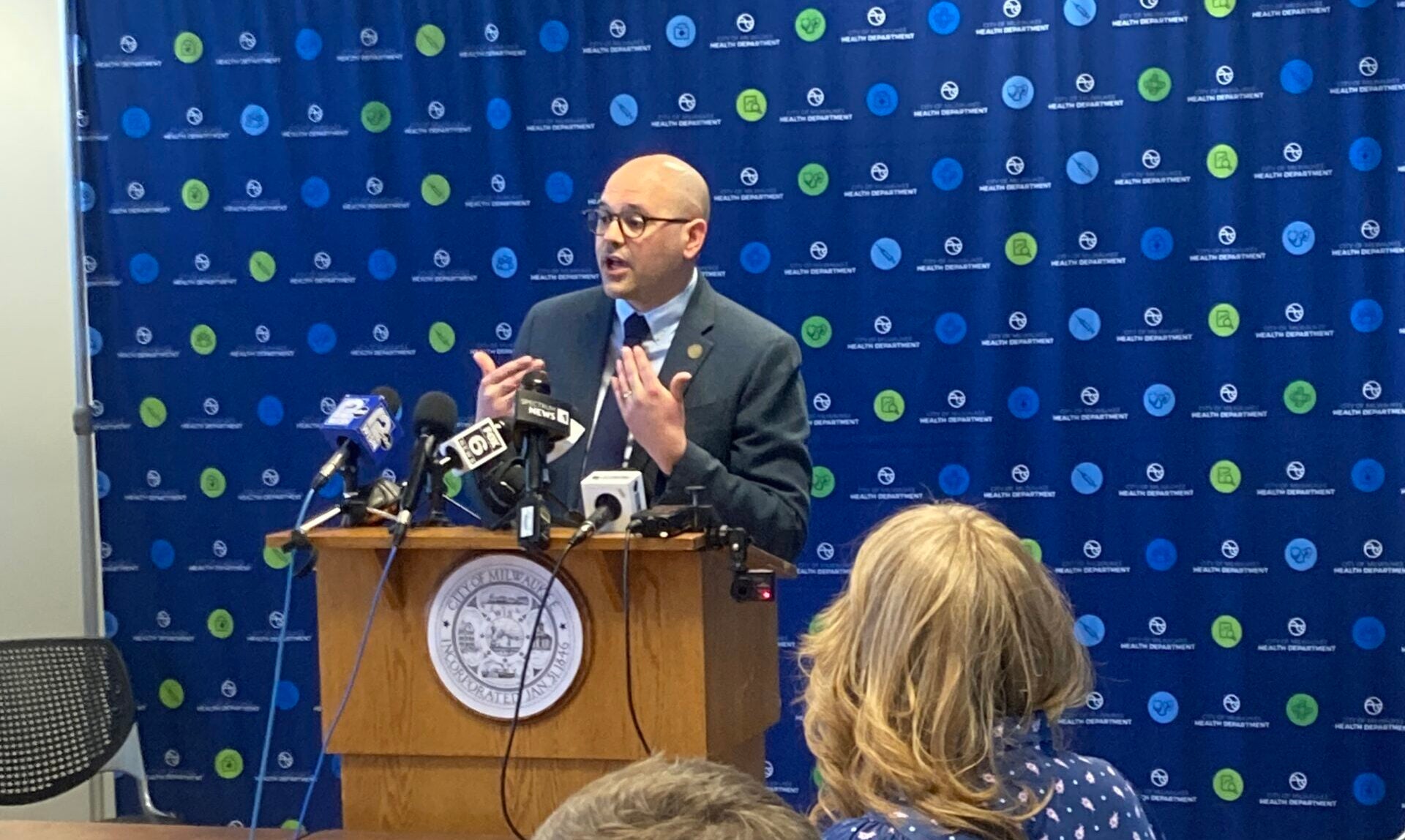Technology has the power to improve society in various ways; however there are also negative impacts, especially for children. In a new book titled, “Unplug: Raising Kids in a Technology Addicted World,” find out how to address the challenges of raising kids in a technology addicted world.
Featured in this Show
-
Psychologist's Book Focuses On Technology's Effects On Children
Technology has become an integral part of many individuals’ lives so much that today, the number of hours spent on devices exceeded the number that was projected in 2012. With this in mind, a clinical psychologist is providing insight on not how to ween children off technology, but rather, how to use devices more positively.
Melissa Westendorf, a licensed clinical and forensic psychologist, uses her new book, “Unplug: Raising Kids in a Technology Addicted World,” to provide information and strategies parents can implement in their household.
As parents and clinical psychologists, Westendorf, and her co-author Lisa Strohman, came across a number of problems with their own children and technology, but also observed an increase in clinical research showing that technology is damaging children’s brains and effecting them emotionally, leading to depression and anxiety.
“We know it’s out there and we know it’s a struggle and we know every parent struggles with it … it’s nice to get the community talking about it because there serious impacts on the brain … and emotionally,” she said.
Research on the brain has shown that individuals who spend as little as three hours on technology a day can have effects on their brain structures, Westendorf said. This can cause an under development in interpersonal relations, reading social cues and interacting with other people.
“We are overusing it, much like an eating disorder,” Westendorf said. “Technology is great. It has helped us in so many ways. But there is just this down side that we have to be careful of.”
In the book, Westendorf and Strohman have noticed four key areas that technology has been problematic to a child’s health: physically, behaviorally, interpersonally and emotionally.
To help understand each area, the authors outline different strategies parents can use in many different situations. Westendorf said that device rules need to change as the child gets older because the more technology they get a hold of, the more the child needs to be monitored.
The behavior of a child and their attachment to the devices are also important to keep track of. Reactions to the device being taken away can determine how much they are invested and rely on their technology and what effects may be produced in the future.
“What we have noticed is kids will have more online friends, then offline. Their community becomes just the kids they play video games with,” she said. “That is a problem because we learn, as kids, how to interact with other people through face to face communication.”
One physical problem that has been surfaced in the last year is an increase with near-sightedness in young children. According to Westendorf, there has been about a 70 percent increase from the 1970s to today because when devices are used so closely to face, they are straining the muscles in their eyes.
Of course, not all apps and devices are negative to a child’s development, she said, but it’s important to keep the family balanced.
For example, it helps if the children are playing cooperative, digital games, even with a little violence. If the game involves the child to work alongside another player with a similar goal, then that is more appropriate and effective.
For more information on book and Westendorf, visit technologywellnesscenter.com.
Episode Credits
- Larry Meiller Host
- Cheyenne Lentz Producer
- Rebecca Haas Producer
- Melissa Westendorf Guest
Wisconsin Public Radio, © Copyright 2025, Board of Regents of the University of Wisconsin System and Wisconsin Educational Communications Board.





